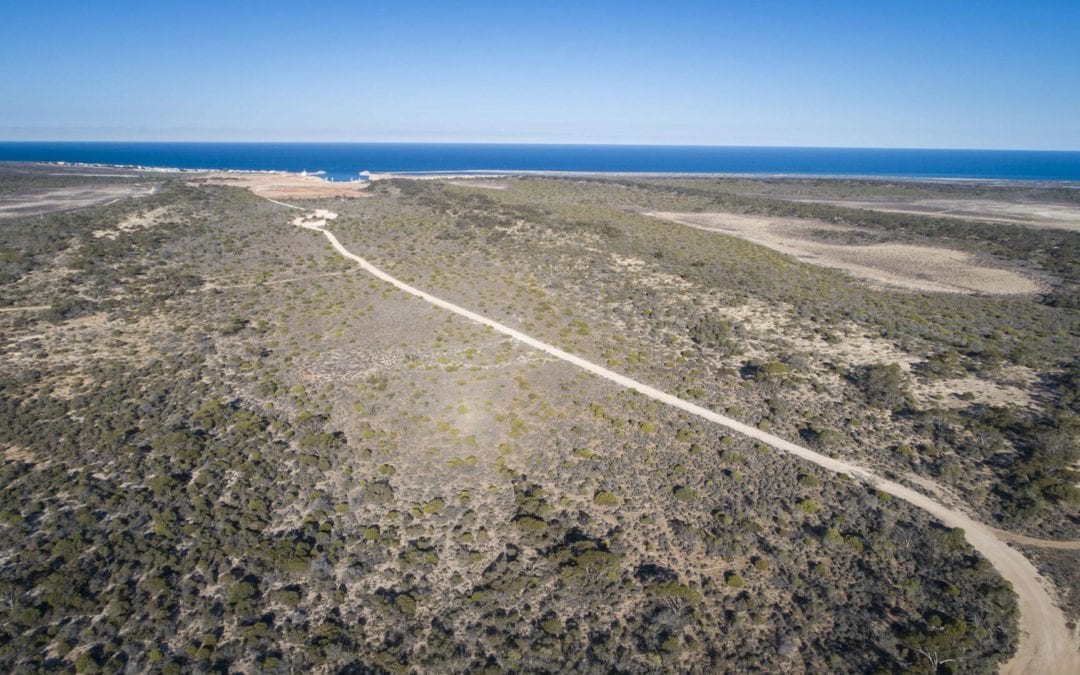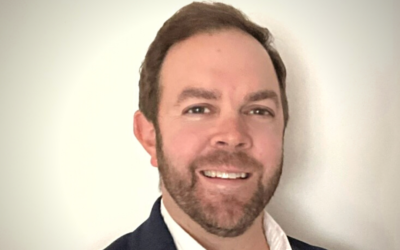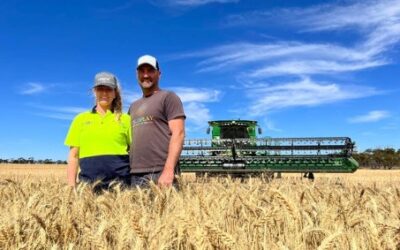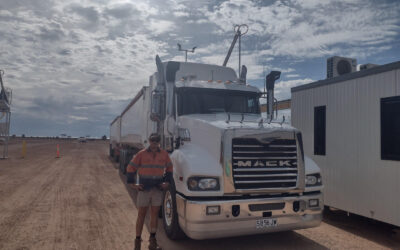Specialist global asset manager Arowana is partnering with Inheritance Capital Asset Management and T-Ports on the completion and expansion of the $130 million agricultural and multi-use port facility at Lucky Bay on South Australia’s Eyre Peninsula.
Arowana is providing a $50 million collateralized senior term loan facility. Construction is well underway with the first grain to be exported during the 2019-20 harvest season.
The privately funded regional infrastructure project has received strong support from all levels of government.
South Australian Premier Steven Marshall said the development would bolster the state’s export industry.
“South Australia has a fantastic history of leading innovation in the agricultural industry,” he said.
“This strong private investment in innovative regional infrastructure at Lucky Bay will further accelerate one of our state’s key export sectors.”
ICAM and T-Ports will commence a second equity raise shortly at a higher valuation to finance port expansion and the commencement of the second T-Ports port projects.
The new port will use transhipment technology to ‘bring the port to the product’. This involves a state-of-the-art transhipment vessel (TSV) designed by specialist naval architect Sea Transport Solutions. The 3500-tonne capacity vessel will be used to load Panamax ships anchored five nautical miles off shore. The site has a grain storage capacity at the port and an upcountry bunker site totalling more than 500,000 tonnes.
Arowana’s Head of Debt Investments, Dustin Cappelletto said key considerations in the investment case for the project included the compelling catchment area economics, low capital expenditure of the shallow- water port model, experienced management and the support of government.
Arowana is supporting the venture via its latest private credit vehicle, the “Australian Special Income Opportunities Fund” (ASIOF) which focuses on direct lending to high quality Australian small and medium entities (SMEs).
“These borrowers increasingly cannot rely on banks for competitive, responsive financing
solutions,” Mr Cappelletto said.
“Arowana’s “hands on” experience in owning and operating companies informs a more intelligent and partnership driven approach to the lender/borrower relationship than that with traditional banks.
“This deal forms part of Arowana’s broader strategy of supporting Australian SMEs with innovative financings tailored to their specific requirements and ultimately becoming one of Australia’s premier non-bank lenders.”
Mr Cappelletto said in the post-Royal Commission reality, large banks were further restricting business lending activities, driving a substantial increase in the unmet financing need of great Australian SMEs.
“On behalf of our investors we are proud to take the place of the banks and support growing companies by reinvesting capital right back into the local Australian economy – a cycle which we believe has a fundamentally positive impact for all Australians,” Mr Cappelletto said.
“This project is great for the region’s farmers and has precisely the type of social and economic impact we look to achieve.”
South Australian fund manager ICAM is the fund manager for the ICAM Duxton Port Infrastructure Trust – the investment vehicle which owns the port, TSV and upcountry storage facility. It is managed by port development and operations company T-Ports, which is headed by Kieran Carvill.
ICAM was established about three years ago and is seeking opportunities in the alternative investments arena. ICAM’s infrastructure team has a close working relationship with T-Ports, which has a pipeline of expansion opportunities.
ICAM Managing Director Freddy Bartlett said Arowana, a Certified B Corporation, has a highly ethical and commercial DNA and approached the financing negotiations with a fair and flexible attitude.
“This is a highly innovative and dynamic project and so we’ve been pleased to partner with Arowana’s investment team, who bring an astute commercial approach and add significant value to the project from their deep commercial experience,” Mr Bartlett said.
“They have shown intelligent flexibility to work with us on the solutions necessary to make this pioneering South Australian infrastructure project a reality.”
T-Ports CEO Kieran Carvill said the T-Ports infrastructure strategy centred on developing a
more financially feasible ports model, using shallow water ports with a lower build cost and smaller environmental footprint.
“T-Ports uses state-of-the-art technology, an innovative business model and integration in the supply chain to create low-cost, highly efficient port infrastructure,” he said.
“Our focus is on bringing the port to the product, reducing supply chain costs, reducing haulage distances and reducing the cost to the state of the upkeep of road infrastructure. This global niche market solution is highly repeatable and suited to numerous regions and commodities.
“The decentralisation of infrastructure through technology that allows us to build environmentally- sustainable highly-efficient marine infrastructure, significantly reducing distance travelled on roads, is central to our philosophy.”
After an expression of interest phase, 120 Eyre Peninsula grain growers indicated their support for the project with 377,000 tonnes of estimated throughput per year. These growers will acquire equity in the port for ongoing throughput over the next seven years.
Civil construction is complete at the grain bunker sites situated at the Lucky Bay Port and the up- country storage site in the town of Lock. The two grain bunker storage sites will hold more than 500,000 tonnes of grain. The senior debt facility will support the port’s development and expansion opportunities including the construction of fertiliser import facilities as an additional service provided at the port from 2020/21.
Lock grain grower and T-Ports Board Director Andrew Polkinghorne said the Lucky Bay project would provide welcome competition to the supply chain for grain exports from the Eyre Peninsula.
“The benefits of this project will flow through to farming families and their local communities, as they secure equity in the port’s trust and, as a result, a share of the profits of storing, handling and exporting their grain,” he said.




